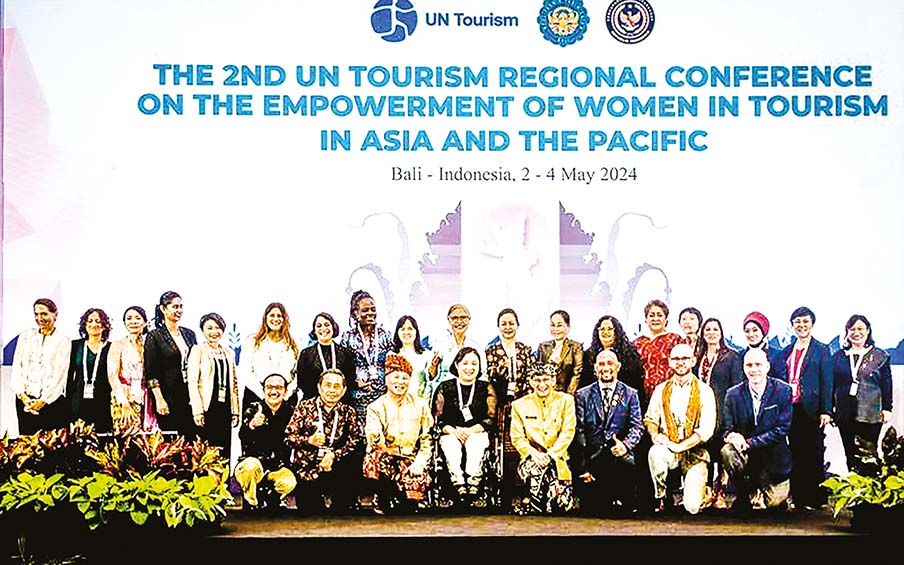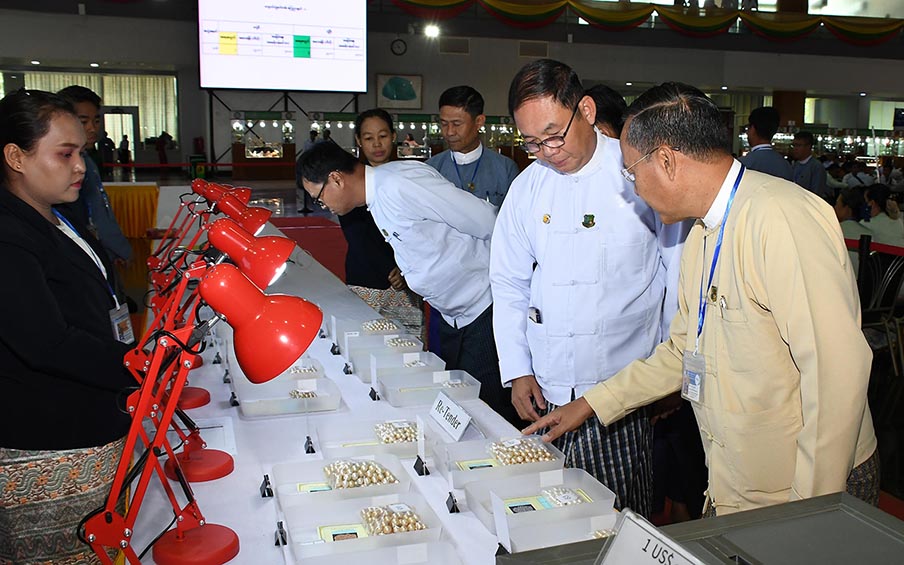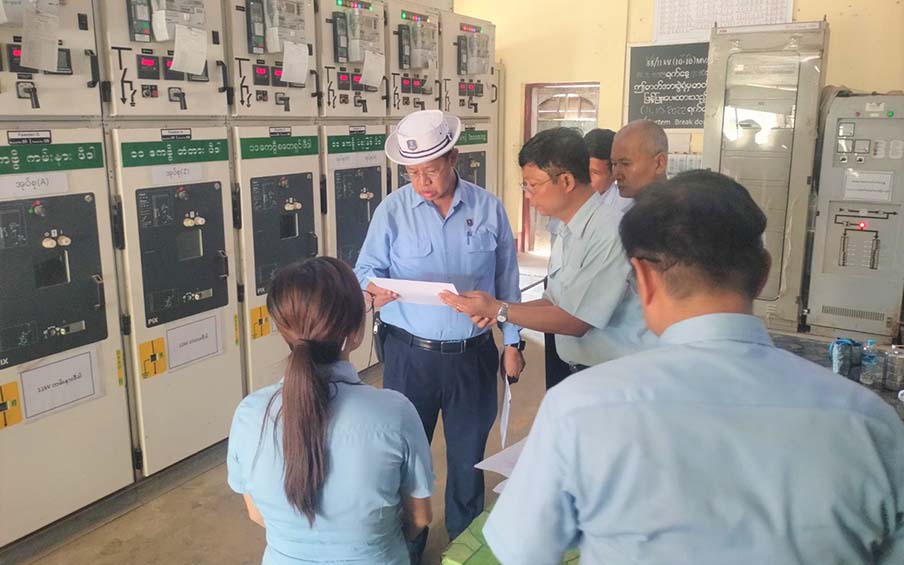BY AUGUSTIN
Asia’s Progress Towards a Cashless Society
In recent years, the concept of a cashless society has captured the attention of the world, with remarkable progress witnessed in several countries across Asia. Among these nations, China has emerged as a trailblazer in the transition towards a cash-free economy, paving the way for other countries in the region.
Kent Matthews, a professor of banking and finance at Cardiff University, recently revealed in an exclusive interview with Xinhua that China is making significant progress towards becoming the leading country for cash-free transactions.
According to Matthews, the proportion of cash in circulation in China has reduced to 3.7 per cent and continues to decrease. He noted that people in China are using cash much less compared to a decade or two ago, and the trend towards a cashless society is unstoppable.
Matthews compared this with the situation in Britain, where cash represents approximately 2.9 per cent of the total money in circulation. Matthews emphasized that China has rapidly caught up with Britain in terms of transitioning to a cashless society in less than two decades. This rapid progress showcases the quick advancement of technology for cash-free transactions in China and society’s swift acceptance of it.
The professor expressed his expectation that cash usage in China could decline to less than two per cent of the total money in circulation within the next five years, citing the country’s rapid adoption of technology.
He shared an anecdote from his recent trip to China, where he used his phone to purchase a mango from a street vendor at a very low price. Matthews was impressed by the advanced technology in China, which surpasses other parts of the world, attributing it to the digitization of the Chinese economy.
During his visit, Matthews was astonished to witness various groups, including the elderly, small shop owners, and street vendors, opting to use their phones for transactions instead of cash. He stated that China is setting a global example for digital payments and challenging the notion that age is a barrier to adopting such technology.
Despite the progress towards a cashless society, Matthews firmly believes that no country can completely eliminate the need for cash. He added that it would be impossible for any government to legislate cash out of existence.
Embracing the Benefits of Going Cashless
Asia is experiencing a notable transition towards becoming a cashless society.
Several countries in the region have seen a significant shift away from cash transactions, with digital payment methods gaining popularity among consumers and businesses.
China is at the forefront of the cashless revolution, with mobile payment platforms like Alipay and WeChat Pay widely accepted and transforming payment habits.
India has also made significant progress in digital payments, driven by government demonetization efforts and the introduction of the Unified Payments Interface (UPI) for instant peer-to-peer transactions.
South Korea, Singapore, and Japan are among the other Asian countries embracing digital payments, leveraging high smartphone penetration rates and advanced banking systems.
Contactless payment technologies such as NFC and QR codes have become prevalent in various sectors, including retail, public transportation, and small businesses.
The benefits of a cashless society include convenience, speed, security, and enhanced financial inclusion for previously unbanked populations.
Digital transactions leave a digital trail, which aids in combating corruption, tax evasion, and money laundering.
Challenges to the cashless transition include infrastructure limitations in rural areas, cybersecurity concerns, and the need to bridge the digital divide for equal access to digital financial services.
Cash is expected to coexist with digital payments for the foreseeable future, particularly in regions or sectors where cash usage remains prevalent.
Overall, Asia’s cashless revolution is reshaping transaction habits and establishing a more connected and efficient financial ecosystem.
Alternative Payment Options in Myanmar
In recent years, Myanmar has witnessed some progress in digital payment adoption, particularly in urban areas and among younger generations. Mobile banking and electronic payment systems have been introduced by some financial institutions and mobile network operators. These initiatives aim to provide alternative payment options and improve financial inclusion.
The Central Bank of Myanmar (CBM) is ensuring that digital payment services provided by Payment Service Providers are strong and secure. The aim is to reduce the use of cash and promote digital payments among the public.
The CBM allows banks to offer digital banking services, including Internet banking, mobile banking, mobile payment, and mobile financial services. In January 2019, the CBM adopted the Technical Specification Version 1.0 for QR Code Payments (MMQR) as the national standard.
The CBM is also verifying and approving Merchant Acquiring Service activities to facilitate small retail payments through digital means.
To achieve the goals of the National Payment Strategy (2020-2025), the Central Bank of Myanmar has formed the National Payment System Supervision Committee, which includes members from other relevant ministries. In 2022, digital financial transactions increased, and the total value of online banking, mobile banking, mobile payment, and mobile financial services was 31,666 billion kyats, a 47 per cent increase from the previous year.
The Central Bank is also working with banks to develop guidelines for mobile financial services to promote Nay Pyi Taw as a digital city. Since May 2023, the CBM has been implementing the ability to support staff salaries of ministries in Nay Pyi Taw digitally.
As digital financial transactions have increased, the currency in circulation in the country’s economic system has decreased. The growth rate of currency in circulation decreased from 48 per cent in 2021 to 29 per cent in 2022, and as of May 2023, it further decreased to 11 per cent.
Myanmar’s banking system is in the process of modernization. We need the development and adoption of advanced digital payment solutions. Furthermore, there may be concerns regarding cybersecurity, data privacy, and regulatory frameworks that need to be addressed to build trust in digital payment systems.
The Rise of Cashless Transactions
In the era of digital technology, financial transactions have experienced a significant transformation, with cashless transactions gaining prominence over physical currency usage.
Nations worldwide are rapidly adopting innovative technologies to build cashless societies, reshaping financial transactions for individuals, businesses, and governments.
The shift involves embracing digital payment methods like mobile wallets and online banking, promoting financial inclusion and efficiency. Building a cashless society necessitates advanced payment infrastructure, collaboration between public and private sectors, and strong regulatory frameworks.
The advantages of this shift are multifaceted, including enhanced data insights for decision-making, improved economic planning, and reduced risks of counterfeiting and money laundering.
The momentum towards a cashless society continues to grow, as countries recognize the potential benefits of digital advancements in empowering individuals and stimulating economic growth.
Driving Inclusion in the Cashless Era
While the digital revolution offers immense opportunities, it also poses challenges that need to be addressed. Issues such as cybersecurity threats, privacy concerns, and ensuring equal access to digital payment infrastructure must be carefully navigated to build a secure and inclusive cashless society. Additionally, educating and empowering individuals, particularly those from underserved communities, about the benefits and usage of digital payment systems is crucial for ensuring widespread adoption and avoiding exclusion.
In conclusion, the embrace of the digital revolution for building a cashless society represents a transformative shift in how financial transactions are conducted globally. Through the adoption of innovative technologies, the development of robust payment infrastructure, and the collaboration of various stakeholders, nations are reshaping their economies to reap the benefits of convenience, financial inclusion, and economic growth. While challenges exist, the momentum towards a cashless society continues to grow as countries recognize the potential of digital advancements to revolutionize the way money flows and empower individuals and businesses in the modern era.














